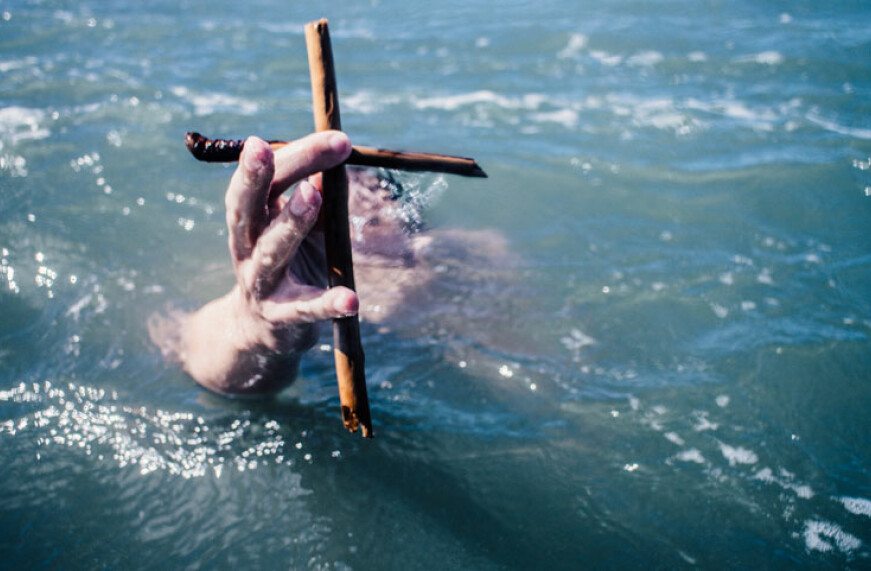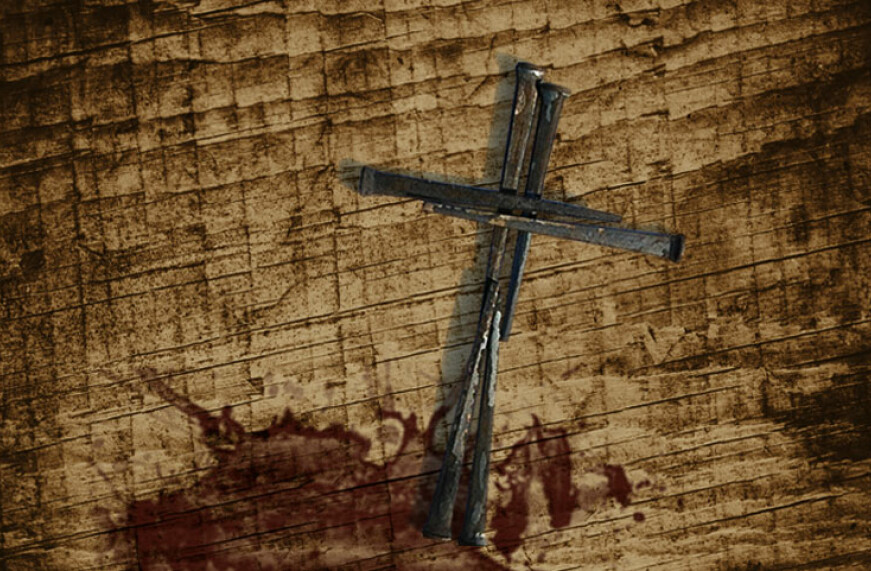Forgiveness Floundering?

I hope that your post Easter week has you encouraged. I know for me the weather has been a major boon to couple with a fresh reminder of God's grace and victory over death.
Two significant things as we go into this weekend. First, I will be starting an Adult Institute class on the topic of forgiveness. We will be using Tim Keller's book Forgive: Why Should I and How Can I? as our guide. It will be helpful if you read along with the book, but it is not necessary. The topic of forgiveness can hardly be more relevant culturally and remains before us personally almost daily. One of the reasons that forgiveness is so hard is that it demands that we look both at ourselves as well as those that need our forgiveness through the cross. Where, if we have eyes to see, we recognize simultaneously how much we are loved and how much our sin cost God. Miroslav Volf sums it up well in Exclusion and Embrace:
“Forgiveness flounders because I exclude my enemy from the community of humans even as I exclude myself from the community of sinners. But no one can be in the presence of the God of the crucified Messiah for long without overcoming this double exclusion — without transposing the enemy from the sphere of the monstrous… into the sphere of shared humanity and herself from the sphere of proud innocence into the sphere of common sinfulness. When one knows [as the cross demonstrates] that the torturer will not eternally triumph over the victim, one is free to rediscover that person’s humanity and imitate God’s love for him. And when one knows [as the cross demonstrates] that God’s love is greater than all sin, one is free to see oneself in the light of God’s justice and so rediscover one’s own sinfulness.”
I am looking forward to exploring this topic together.
Second, we will be welcoming Dr. Hans Madueme to our pulpit this Sunday. Dr. Madueme is an Associate Professor of Theological Studies at Covenant College and was one of my son Josiah's favorite professors during his time at Covenant. Dr. Madueme is in Grand Rapids assisting the college to connect with local churches by serving pastors and elders with a talk on Monday morning. For our worship Sunday he will be opening Luke 9:28-36, the account of the Transfiguration. If you know of folks who you think might benefit from exposure to Covenant College, invite them to join us for worship.
Photo by Tim Marshall on Unsplash


